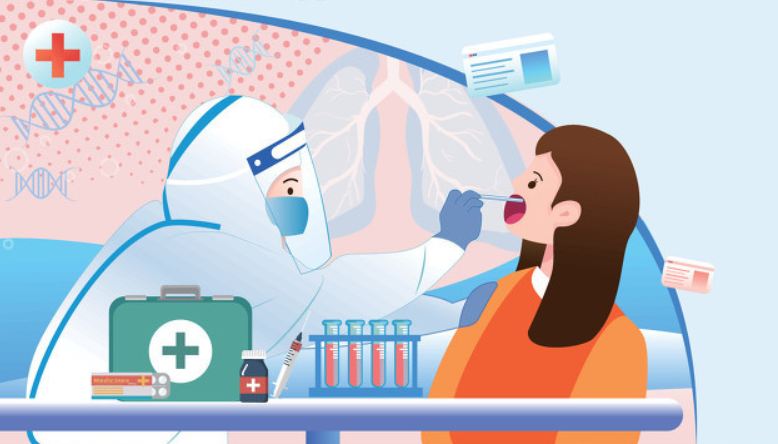Lawmaker advocates for nucleic acid test expansion


A national lawmaker has urged the expanded use of nucleic acid tests to enable more accurate diagnosis of respiratory infectious diseases and prevent overuse of antibiotics in clinical procedures.
Dai Lizhong, a National People's Congress deputy from Hunan province, said widespread use of nucleic acid test technologies will not only enable more targeted control and prevention of respiratory contagions, but also help doctors in their diagnosis and prescription process.
Dai, who is also the chairman of Sansure Biotech, a biotech company devoted to the research and production of nucleic acid testing kits in Changsha, Hunan province, said the more accurate use of pharmaceuticals will play a key role in solving the problem of antibiotics overuse and reduce by a large margin the death rate from severe and complicated symptoms in respiratory diseases.
He cited results from a recent study by Chinese researchers that showed over 51 percent of antibiotic prescriptions (almost 2 million per year) from 139 public hospitals for outpatient visits in China were found to be inappropriate, compared with 15.3 percent deemed appropriate.
China has drastically improved its capacities in nucleic acid testing as part of broader efforts to contain COVID-19, with the country now capable of conducting 16 million tests on a daily basis as of February.
Dai noted a policy document issued by the National Health Commission earlier this month has highlighted the need to expand the use of nucleic acid testing in respiratory diseases.
He urged authorities to update the guidelines for diagnosis and treatment of patients with respiratory infectious diseases and encourage medical institutions, especially those capable of conducting nucleic acid tests, to use molecular diagnosis in clinical procedures.
He also stressed the importance of leveraging nucleic acid testing technologies to improve the disease control and prevention system and establish a quicker response to epidemics caused by respiratory diseases.





































